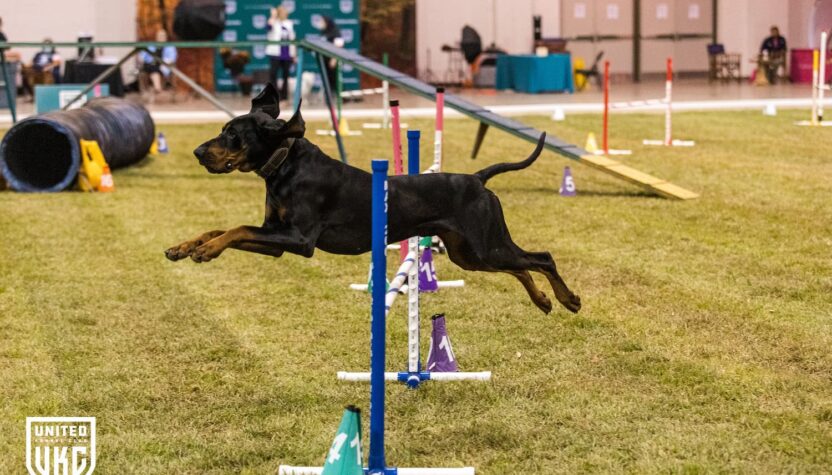Hosting sports and cultural events involving animals has always been a matter of public interest. In recent years, both in Slovenia and around the world, there has been growing attention to ethical treatment of animals and reducing the negative environmental impact of such events. Tournaments—whether equestrian competitions, dog shows, or other forms of human-animal interactions within competitive frameworks—are becoming arenas where sustainability and animal welfare are taking center stage.
A Modern Perspective on Animal Participation in Tournaments
The tradition of involving animals in competitions has deep historical roots. In Slovenia, as in many other European countries, tournaments featuring horses, dogs, and even birds hold a significant place in cultural life. However, public perception of such events is rapidly changing. Animal participation is no longer taken for granted—it must be ethically justified, scientifically supported, and strictly regulated.
Organizers must now consider not only the spectacle of the event, but also the physiological, psychological, and social needs of the animals. Modern standards demand new approaches: it is crucial to create conditions that eliminate stress, overexertion, and harm, while ensuring professional care from veterinarians and zoologists.
Legislation and Practice in Slovenia
Slovenia is known for its high level of legal protection for animals. The Animal Protection Act (Zakon o zaščiti živali) requires that all organizers of events involving animals adhere to strict rules. The country bans any events that cause animals suffering, coercion, or discrimination based on species.
Compliance with the law is monitored by both governmental bodies and independent organizations. Increasingly, the public demands transparency from event organizers: publishing veterinary reports, information on animal care before and after the events, and adherence to transport and feeding standards.
However, violations still occur even in Slovenia. There are instances where animals are transported long distances without adequate rest, or where training methods contradict the principles of positive reinforcement. Such incidents lead to investigations and public debates, ultimately encouraging stricter standards and stronger oversight.
The Environmental Aspect of Tournaments
Tournaments are not just about animals—they also involve infrastructure: arenas, temporary structures, catering, transportation, and energy use. All of these create an environmental footprint. Modern organizers aim to minimize this impact by implementing sustainable practices such as waste sorting, use of renewable energy, elimination of plastic, and reuse of materials.
Special attention is paid to the locations of the tournaments. Many events now take place in natural settings, which requires utmost care for the landscape. When competitions are held near forests, rivers, or protected natural areas, organizers must obtain special permits and conduct environmental impact assessments. This is especially relevant in Slovenia—a country rich in natural resources and with a population highly aware of environmental issues.
In addition, the transportation of animals and spectators also contributes to environmental concerns. That’s why more and more events promote carpooling, public transportation, and the use of electric vehicles.
New Technologies and Ethical Approaches
One of the most important trends in animal-involved tournaments is the use of innovative technologies. Surveillance cameras, biometric sensors, and health monitoring systems allow for improved care and immediate response to any signs of distress.
Furthermore, some countries are exploring virtual tournaments and simulations that eliminate the use of live animals entirely. While such formats are not yet widespread, they represent a forward-looking example of how competition and spectacle can coexist with full ethical responsibility.
Ethical training based on positive reinforcement is also gaining traction. This method excludes punishment and coercion, focusing instead on animal motivation. Increasing numbers of trainers—especially among the younger generation—favor this approach, fostering trust-based relationships between humans and animals.
The Future of Tournaments: Balancing Tradition and Responsibility
The future of tournaments involving animals depends on society’s willingness to rethink traditions in light of new knowledge about animal rights and environmental sustainability. Slovenia, with its progressive environmental policies and ethical standards, is well-positioned to serve as a model for responsible practices.
The key factor is public awareness among both spectators and participants. The more people understand that behind every performance lies a complex system of care, regulation, and scientific support, the higher the demand for a new generation of tournaments—sustainable, ethical, and modern.
In this way, sustainability and animal welfare are no longer niche concerns but an essential part of public expectations. The tournaments of the future are not only about competition, but also about education, demonstrating respect for nature and all living beings, and moving toward a more sustainable and humane society.
